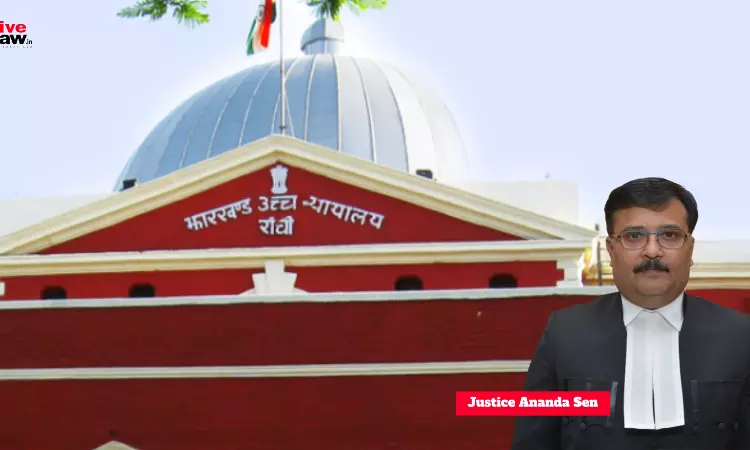The Jharkhand High Court has held one cannot be denied reimbursement for expenses incurred to get treatment for mental health, ruling that excluding psychiatric treatment from medical reimbursement schemes violates the Mental Healthcare Act, 2017. It was emphasized by the Court that the treatment of mental health is required to be treated on a par with physical healthcare and that...

